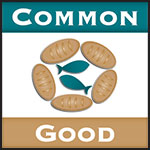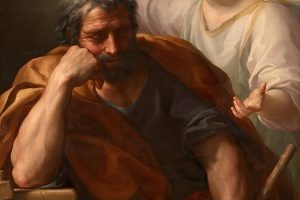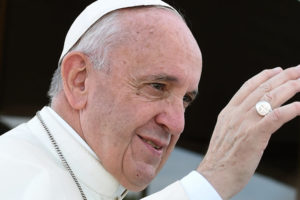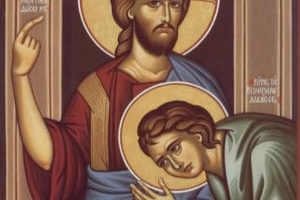Ordinary Catholics Talking Back to Bishops — Just Like the Church Tells Them To
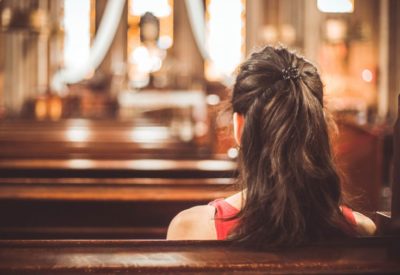
Published on THE STREAM
Prior to the Second Vatican Council in the Catholic Church, an old adage was used in reference to the role of the laity in the Catholic Church. It was said that they were to “pray, pay and obey.” Like many overstatements, it was not entirely accurate. But it did have a smidgen of truth to it. The Church had become quite clericalized in the second millennium of Christianity. People began to forget that laymen, married or single, were every bit as fully Christian as bishops, priests, deacons, monks and nuns — and even the pope.
Even the movement called “Catholic Action,” a term which referred to lay men and women infusing the “temporal order” (the political, economic and social sphere) with Christian values, was done under the careful oversight of the bishops, as if mere laymen could not be trusted.
The Second Vatican Council changed that, not in the sense of a rupture with the past, but rather a proper continuity. Like much of what that Council brought, at least when properly understood, it returned to the vision of the first centuries of the Church. It again recognized the vital role all Christians play in the leadership of the Church, whether they were ordained or not. That role proceeds from their baptism and participation in the ongoing mission of the Lord through His Body, the Church.
Recent Examples
The Catholic Church is facing a major shaking within and growing opposition from without. Lay voices are being raised in matters within the Church as well as matters concerning the proper role of the teaching of the Church in serving the common good of society.
Lay men and women are increasingly concerned with the way in which principles derived from the social teaching of the Church are being applied in the political arena. For example, lay men and women are raising concerns that some members of the United States Conference of Catholic Bishops took personal political positions on matters involving prudential judgment, from economics to immigration, only to have their positions interpreted as the only possible Catholic position on the subject.
A recent article by John Zmirak, the insightful, witty and sometimes acerbic Catholic commentator, provides an example. After soundly debunking the narrative being pushed by leftists both within the Catholic Church and without, Zmirak opined, “The election of Donald Trump has laid bare a gaping chasm in Catholicism. Its activist left wing is fundamentally indistinguishable from a theologically watered-down Mainline Protestantism, while conservative Catholics have far more in common with ‘low-church’ evangelical Christians.”
James Todd, a Catholic Layman who founded the popular Catholic aggregator web site Pewsitter.com, recently published an Open Letter to the USCCB on Immigration which bears serious consideration. It raised questions about statements concerning immigration made by some members of the United States Conference of Catholic Bishops. It did so in a respectful, informed, but critical manner. Todd also asked the Bishops to explain those positions in light of Church teaching which could lead a Catholic to a different position.
I hope the U.S. bishops respond to his questions and do not dismiss them. Todd sets forth sources from authoritative Church teaching such as the Catechism of the Catholic Church and St. Thomas Aquinas.
Lay Catholics are asking tough questions not just about politics but also doctrine, especially Pope Francis’s marriage document Amoris Laetitia. Lay leadership voices are properly asking whether this document attempts to change the longstanding teaching of the Church concerning marriage.
Though press coverage has focused on questions raised by clergy, it was a layman, Canon Lawyer Ed Peters, who cut right to this important point, “The Church’s arguably two highest-ranking cardinals in the areas of canonical interpretation and the protection of doctrine and morals are in public, plain, and diametric opposition with each other concerning a crucial canonico-sacramental practice.This division cannot stand.”
Lay Catholics do not want this infighting between cardinals and bishops to continue. They want the bishops, as the teachers of the Church, to be clear on vital teachings such as the indissolubility of marriage and the inviolable dignity of every human life. That need for clarity includes the voice of the Bishop of Rome, the successor of Peter . . . . . .
